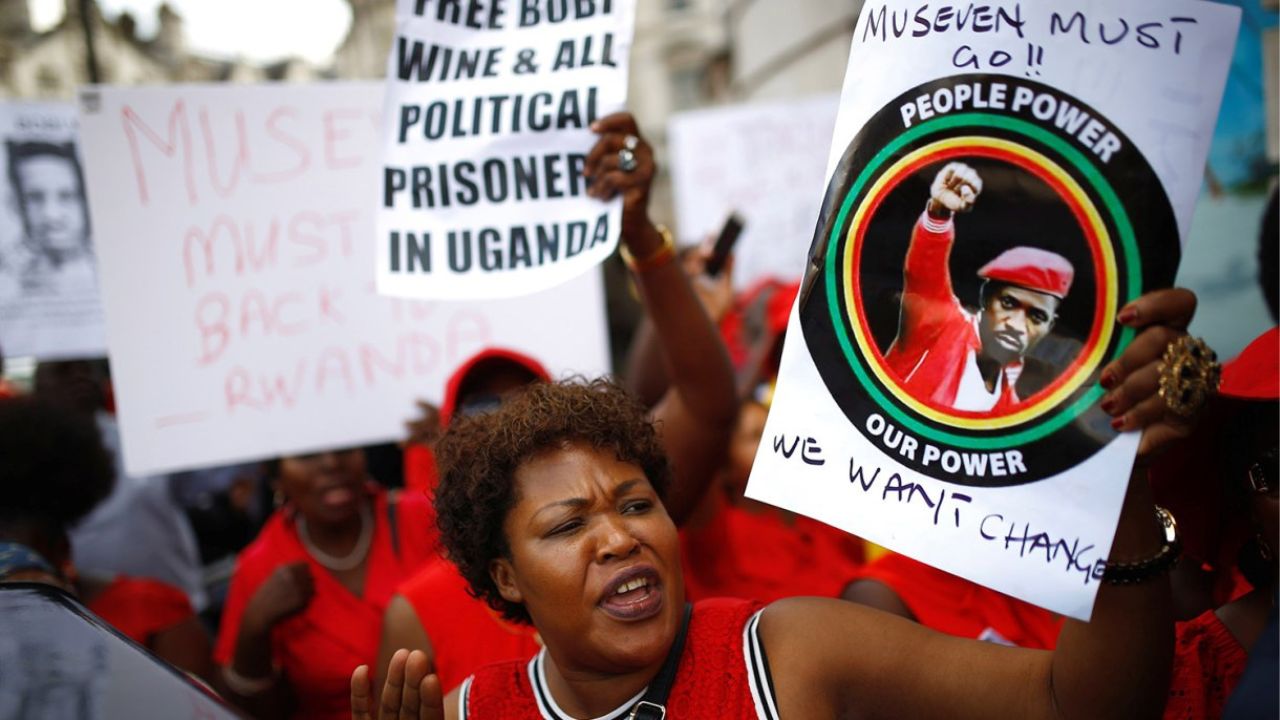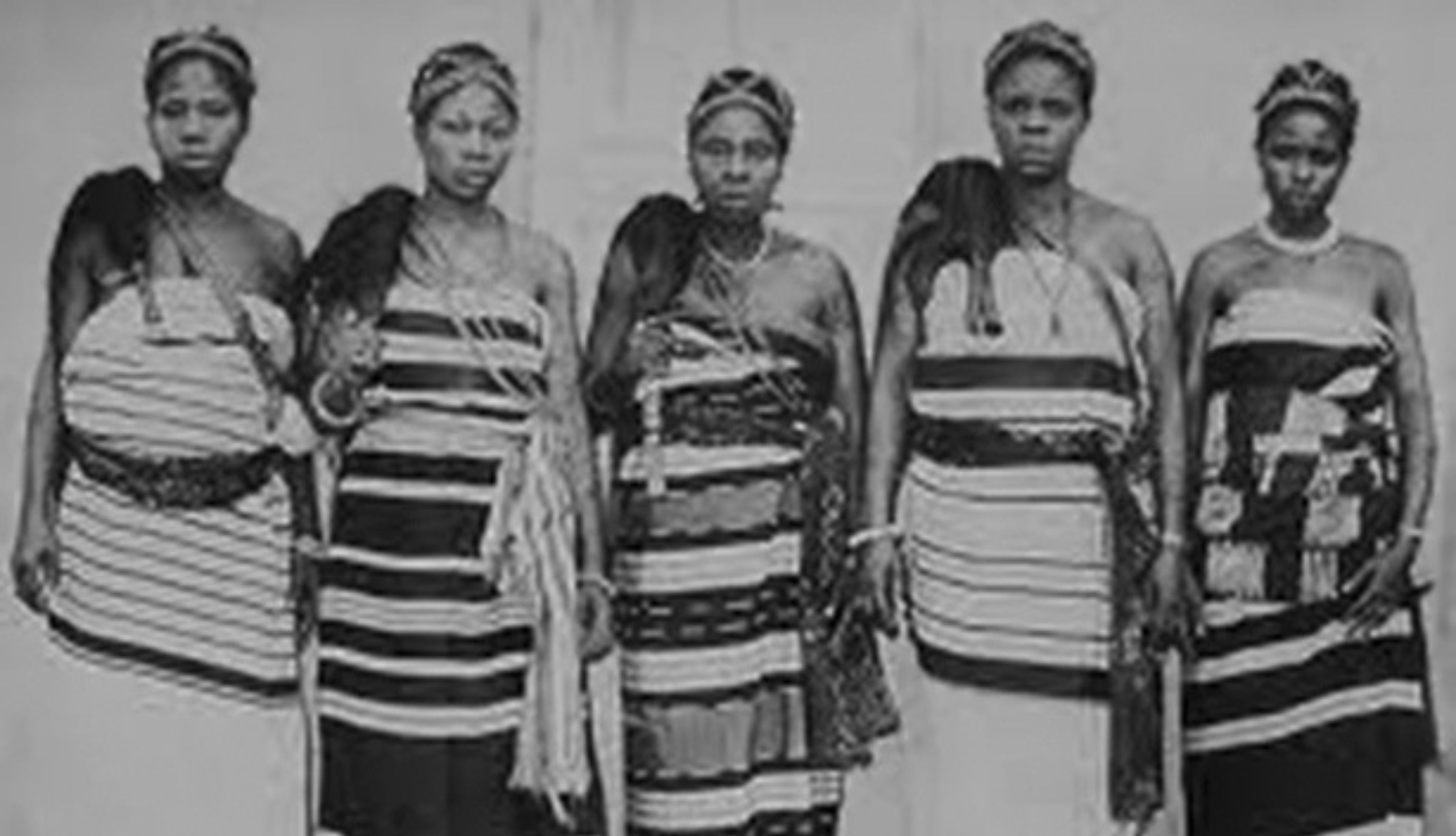The Aba Women’s Protest of 1929, also known as Ogu Umunwanyi in Igbo land, Nigeria, was a significant protest movement in the former British Empire. Organised and led by rural women of Owerri and Calabar provinces, the protest spread rapidly throughout southeastern Nigeria, involving about two million people.
Pre-colonial Political Roles and British Intervention
In pre-colonial times, the Igbo and Ibibio peoples lived in mini-states where men and women held political power. They participated in government, had significant roles in the market, and worked collaboratively in the domestic sphere. However, the British colonial government brought changes that diminished women’s political roles. The British established political institutions favouring men, effectively shutting women from power. The Aba Women’s Protest began in response to British colonial policies, including increased school fees, corruption by local officers, and forced labour. The women were already burdened with supporting their families and helping men pay their taxes. When enumerator Captain J. Cook announced his intention to revise the nominal roll, which included counting women, children, and livestock, women feared that direct taxation would also be extended to them.
A dispute between Nwanyeruwa, a woman, and Mark Emereuwa, a census taker, sparked the protest. When Emereuwa arrived at Nwanyeruwa’s house, he demanded she count her goats, sheep, and people. Nwanyeruwa, suspecting this would lead to taxation, became angry and challenged Emereuwa. After this exchange, Nwanyeruwa shared her experience with other women, who quickly joined in solidarity.
The protest spread across various divisions, taking different forms. In some areas, it was peaceful and led to the resignation and imprisonment of local chiefs. However, in other areas, such as Aba, the protest turned violent, with women raiding government buildings, European factories, and other establishments.
After the protests, the British government appointed commissions of inquiry to investigate the disturbances. The findings of these commissions led to several administrative reforms. The Aba Women’s Protest is a remarkable example of the difficulties in imposing foreign administration on indigenous peoples and highlights the crucial role women played in resisting colonial rule. It was the first significant challenge to British authority in Nigeria and West Africa during the colonial period.
Legacy of The Aba Women’s Protest
The Aba Women’s Protest had a lasting impact on Nigeria and the broader West African region, influencing the struggle for independence and developing Nigerian nationalism.
The protest demonstrated the power of women’s collective action and their ability to challenge colonial authorities. This event raised awareness of women’s rights and contributed to recognising their societal role, leading to increased participation in governance and politics.
The Aba Women’s Protest catalysed Nigerian nationalism. It revealed the dissatisfaction of the Nigerian people with the colonial administration and their desire for self-determination. As a result, the protest played a pivotal role in inspiring future anti-colonial movements and contributed to the eventual independence of Nigeria in 1960.
The Aba Women’s Protest led to significant administrative reforms by the British colonial government, recognising the need to address the grievances that had triggered the widespread unrest. Some of the specific reforms included:
- Modification of the Warrant Chief System: The British colonial administration reevaluated the warrant chief system, which had granted significant power to specific individuals who often abused it. Following the protests, the administration sought to reduce the powers of warrant chiefs and increase local involvement in the decision-making process, including incorporating more indigenous practices in local governance.
- Abolishment of Direct Taxation on Women: One of the immediate outcomes of the protest was the colonial government’s decision to abandon its plans to impose direct taxation on women. This was a significant victory for the protesters and marked a shift in colonial tax policies.
- Introduction of Native Courts Ordinance: In response to the protests, the colonial government introduced reforms to the judicial system, including the Native Courts Ordinance 1933. This aimed to incorporate more African representatives into the judicial process, making it more equitable and reflective of local customs and practices.
- Increased Representation for Women: Although the colonial administration did not immediately grant women formal political representation, the protests underscored the importance of women’s voices in governance. Over time, this contributed to greater awareness and slow incorporation of women into governance structures, although significant progress in this area would take many more decades.
- Review of Colonial Policies: The protests prompted the British colonial administration to conduct a more thorough review of its policies and their impact on local populations. This led to a greater emphasis on indirect rule through traditional structures and a more cautious approach to implementing changes affecting local economies and social systems.
The Aba Women’s Protest of 1929 was a watershed moment in Nigerian history, serving as a turning point in the relationship between the colonial administration and the indigenous people. The protest highlighted the power of women’s collective action, led to significant administrative reforms, and laid the foundation for Nigerian nationalism. It remains an essential milestone in the struggle for independence and women’s rights in Nigeria and West Africa.

















































